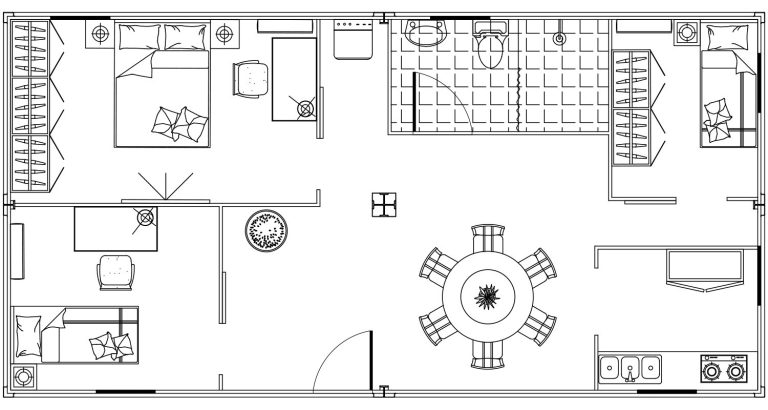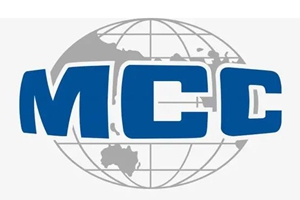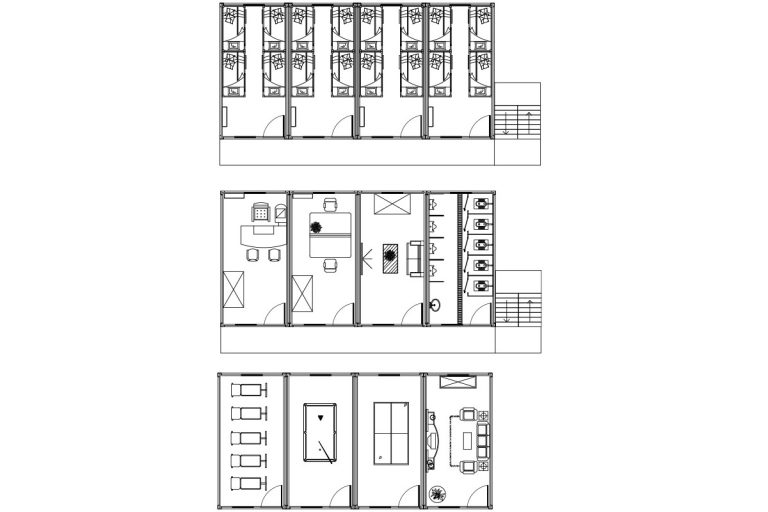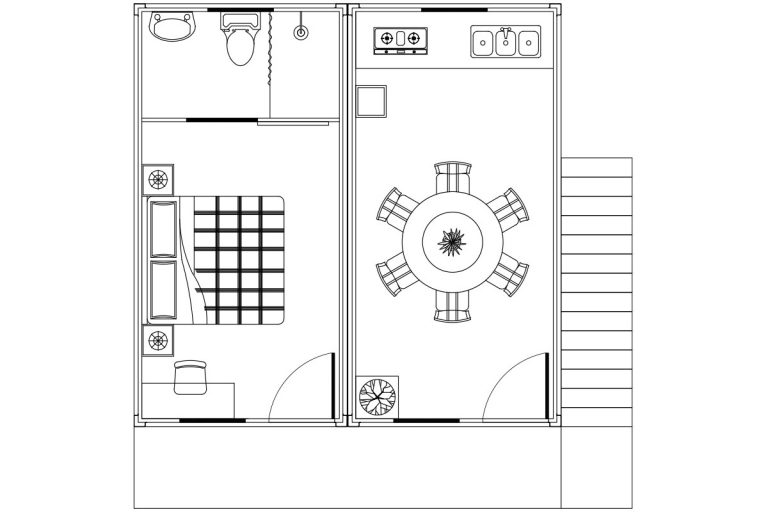cost of buying a manufactured home
Acquiring a manufactured home can be an enticing option for many individuals seeking an affordable and flexible housing solution. This contemporary choice offers an array of benefits compared to traditional stick-built homes, but potential buyers often ponder the cost implications. The journey to purchasing a manufactured home involves understanding the nuances of pricing, financing options, and long-term considerations, each influencing the ultimate investment.
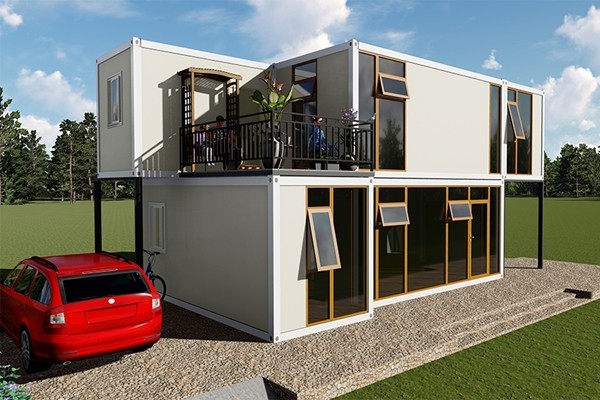
At the heart of this decision lies the base price of the manufactured home itself. On average, a single-section home costs between $40,000 and $60,000, whereas double-section homes often range from $70,000 to $100,000. These figures can fluctuate based on factors such as size, design, and the inclusion of customized features. Prospective buyers should conduct comprehensive research into various manufacturers, asking detailed questions about what is included in each base price to ensure transparency and avoid unexpected expenditures.
Financing a manufactured home involves a different approach compared to traditional mortgage loans. Since these homes are often categorized as personal property rather than real estate, they typically do not qualify for conventional mortgage loans unless they are permanently affixed to land that the owner also possesses. Lenders offering chattel loans, which are designed specifically for mobile homes not permanently installed, can be a practical alternative. However, these loans may have higher interest rates and shorter terms than traditional mortgages. Engaging with lenders specializing in manufactured home loans can yield better rates and terms, making it crucial for buyers to connect with experienced financial advisors familiar with this market segment.
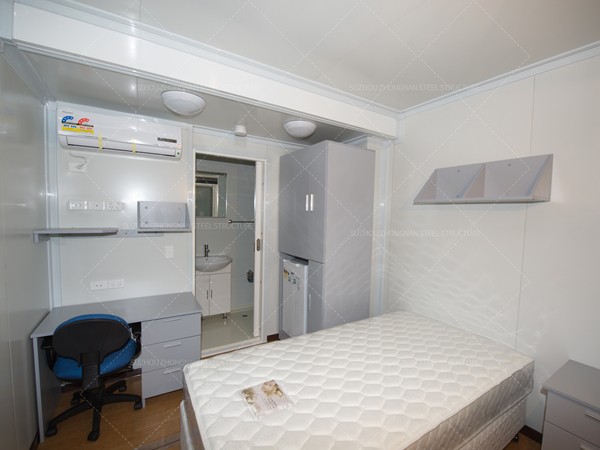
Another significant financial aspect is the cost of land, which is a pivotal variable in the overall investment. Buyers need to decide whether they want to purchase land or lease space in a manufactured home community. Ownership provides stability and potential appreciation, while leasing offers flexibility and lower upfront costs. However, leasing comes with ongoing rent payments and potential restrictions governed by the community's management. In evaluating these options, understanding local zoning laws and community regulations becomes essential, requiring consultation with real estate professionals who can provide insight into potential land investments and community compliances.cost of buying a manufactured home
Long-term considerations extend beyond the initial purchase, encompassing maintenance costs, utilities, and potential resale value. Manufactured homes, though more affordable than traditional homes, may depreciate faster. Buyers should prepare for regular maintenance, often necessitating budget allocations for repairs, such as re-leveling or updates to roofing and siding. Energy efficiency is another pertinent aspect, where newer models usually outperform older ones, resulting in lower utility costs over time. Consulting with home inspectors or industry experts on the energy efficiency and longevity of different home models can lead to more informed decision-making.
Ultimately, trustworthiness is achieved through careful scrutiny of the dealer or builder. Reviewing consumer ratings, verifying certifications, and inspecting model homes are vital steps in ensuring a company's reputation aligns with buyer expectations. Opting for manufacturers who comply with the U.S. Department of Housing and Urban Development regulations assures adherence to safety and quality standards, enhancing trust in the investment.
In summary, the cost of buying a manufactured home encompasses various facets, from the home itself and financing intricacies to land acquisition and long-term maintenance. It presents a viable path to homeownership, especially when navigating these aspects with diligence and expert guidance. Leveraging the expertise of seasoned real estate consultants, financial advisors, and reputable manufacturers ensures a strategic approach, culminating in an investment that aligns with both immediate budgets and long-term aspirations.

